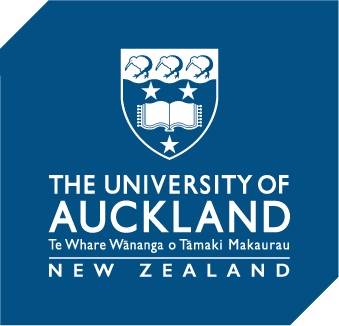
UNIVERSITY OF AUCKLAND | NEW ZEALAND
- Auckland CBD, Auckland 1010, New Zealand
- Visit University Websites
- University Type: Public
- Famous For : Academic Diversity




The University of Auckland is a research-led institution noted for its outstanding teaching, research, and service to local, national, and worldwide communities. The University was founded in 1883. The University has six campuses, five of which are in various regions of Auckland and one in Whangarei, Northland. Shopnotour for Students arrange New Zealand student visas for students from Bangladesh.
Outstanding teaching reputation
Our alums are global citizens who benefit from the University of Auckland’s high-quality education and qualifications.
Employment rates are also higher for University graduates
Campus life is alive and well.
The faculty comprises the arts, Business, Creative Arts and Industries, Education and Social Work, Engineering, Law, Medicine, Health Sciences, and science.
Tuition Costs Range: Undergraduate: 26,052 NZD to 50,605 NZD
Graduate: from 26,573 NZD to 52,630 NZD
Travel documentation that is valid (Passport)
Curriculum Vitae (CV) (Detail Address, Phone Number, Email & Skype ID)
Two reliable references with email and phone numbers
SSC and HSC results with 75% mark Degree results with 75% marks English Proficiency Certificate (IELTS 6.0 or above or TOEFL 550 or above)
Statement of Purpose/Motivational Letter Work Experience (If Available)
The cost of admission is 20,000/=.
Contact Us
Shopno Tour
01958553912-4
Studying abroad offers several benefits, including exposure to new cultures and ways of thinking, the opportunity to learn a new language, the chance to gain international experience and make global connections, and the potential to boost your career prospects.
The admission requirements for studying abroad vary depending on the country and the institution you are applying to. Generally, you will need to provide academic transcripts, proof of English language proficiency (such as TOEFL or IELTS scores), letters of recommendation, and a personal statement or essay.
When choosing a study abroad program, consider factors such as the location, academic reputation of the institution, program offerings, cost, and support services available to international students.
The process for applying for a student visa varies depending on the country you are applying to. Generally, you will need to provide proof of admission to a recognized educational institution, evidence of financial support, and a valid passport. You may also need to attend an interview at the consulate or embassy.
Studying abroad can be expensive, but there are several options for financing your education, including scholarships, grants, student loans, and part-time work. It is important to research and apply for funding opportunities early in the application process.
To prepare for studying abroad, make sure you have all the necessary documentation, including a valid passport and student visa. Research the culture and customs of the country you will be visiting, and consider learning some of the local language. Connect with other students who will be studying abroad to build a support network, and make sure you have sufficient funds to cover your living expenses.
The process for finding housing while studying abroad varies depending on the country and the institution you are attending. Many institutions offer on-campus housing options, while others may provide assistance in finding off-campus accommodations. It is important to research your options and make arrangements well in advance of your departure.
Many institutions provide support services to international students, such as language classes, cultural activities, academic advising, and counseling services. It is important to take advantage of these resources to help you adjust to your new environment and succeed academically.
